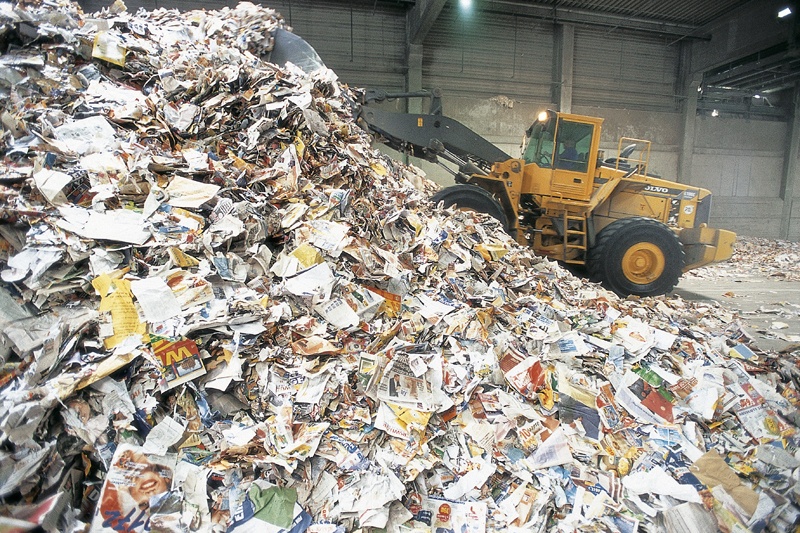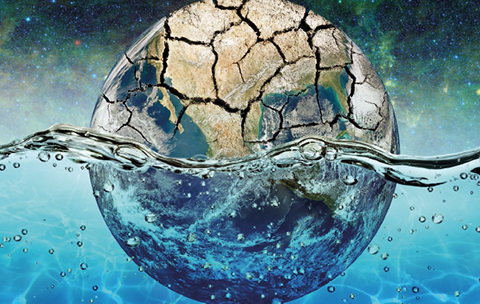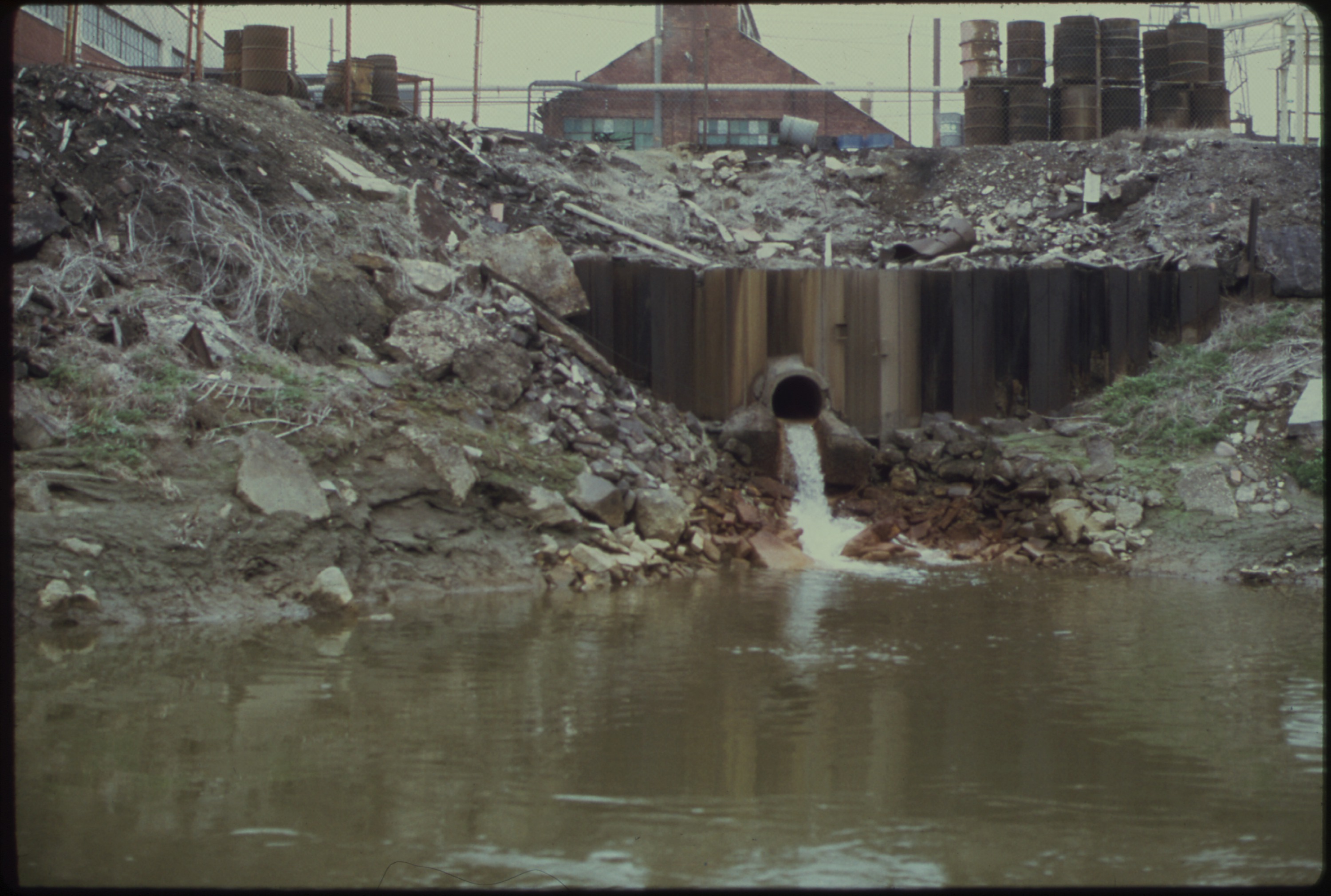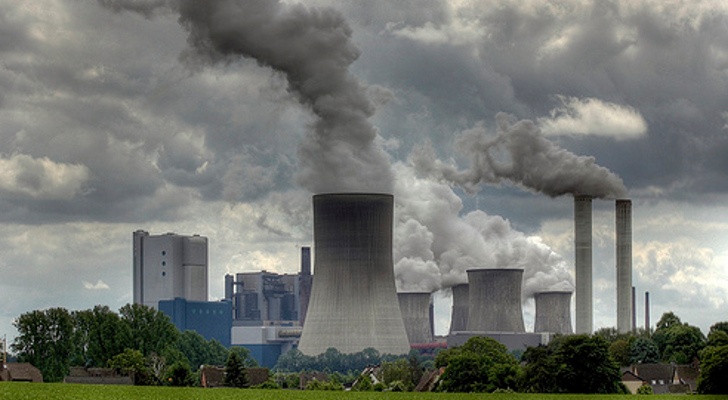Online learning is an excellent educational option that offers:
Topics: Environmental Management System, E-learning, Online learning, SAMTRAC E-Learning
Commercial buildings are responsible for some of the greatest carbon emissions. But, some responsible-minded companies have made a concerted effort to adapt their buildings as much as possible, to ensure they meet new environmental standards. By next year, as many as 48% of new non-residential building construction will be green, according to estimates. Sustainable architecture is no longer rare, and that’s something that’s happened fairly quickly – from 2005 to 2012, the number of new green building designs jumped by 39%.
Topics: Environmental Management System, Environmental hazards, Green initiatives, sustainability
Did you know – according to The Guardian, at least nine companies globally generate a billion dollars or more in revenue annually from sustainable products or services — those products and services that focus on sustainable living and/or are produced sustainably. This includes Unilever, General Electric, Ikea, Tesla, Chipotle, Nike, Toyota, Natura and Whole Foods (with Target expected to join the list in the coming months). Certainly not ‘small fry’ companies.
Topics: Environmental Management System, proft, Environmental hazards, sustainability
3 strategies for improving business productivity and efficiency
Technological advances, customer expectations and especially globalisation have increased the need for higher productivity. Entrepreneurs are now competing on a global scale. At the same time, companies are expected to adhere to their social and ethical responsibilities, which includes being aware of the organisation’s environmental impact. This means that the measures you take to increase your productivity need to also increase your efficiency.
Topics: Environmental Management System, HSE best practice, Environmental hazards, Productivity
The efforts you make in lowering your company’s carbon emissions don’t rest entirely with you – how your suppliers conduct their business activities will also have an impact on your overall carbon footprint. An effective way to ensure they are responsible suppliers is to use the following checklist when you begin working with them. Remember, a supplier that appreciates its obligations to the environment will carry ethical corporate responsibility across its entire operations.
Topics: Environmental Management System, HSE best practice, Audits, Environmental hazards, Supplier vetting
It may be surprising to hear, but the world’s most abundant, richest energy supply isn’t one that needs to be created or discovered, but is in fact conserving what already exists. In terms of your workplace, this means adapting your existing (or prospective) building in such a way that makes it more ‘green’ (i.e. making it more energy efficient to reduce its environmental impact).
Topics: Environmental Management System, HSE best practice, Environmental hazards, Ethical best practice
3 ways managing your waste properly benefits your business
Waste is a global issue. If you don’t properly deal with your company’s waste, it poses a serious threat to your employees’ health and the surrounding environment. Waste management is one of the essential utility services underpinning modern-day society, particularly in urban areas. This means it’s everyone’s problem – and everyone’s responsibility. What’s more, by reducing your waste, you can reduce all three of the triple bottom lines of:
Topics: Environmental Management System, HSE best practice, Environmental hazards, Waste management
The negative effect of power stations: Hysterical superstition or a real threat?
We know that people sometimes tend to panic first and worry about verifying news they read (or hear) later. Take for instance the story of the gang that hangs around in parking lots, conning people to test its ‘perfume’ samples, which turn out to be chloroform. The victims are then drugged and kidnapped. Various versions of this story have been circulating for years, and while it has been refuted more than once, people still forward warnings on… just in case.
Topics: Environmental Management System, Environmental hazards, energy
Like we did for ISO 9001: 2015, today’s blog takes a look at the 2015 revisions to ISO 14001, and how these have improved the standard, as well as changed it.
Recap: What is ISO 14001?
ISO 14001 is an internationally agreed standard that sets out the requirements for an environmental management system. It helps organisations improve their environmental performance through more efficient use of resources and reduction of waste, gaining a competitive advantage and the trust of stakeholders.
Topics: ISO standards, ISO Updates, Environmental Management System












